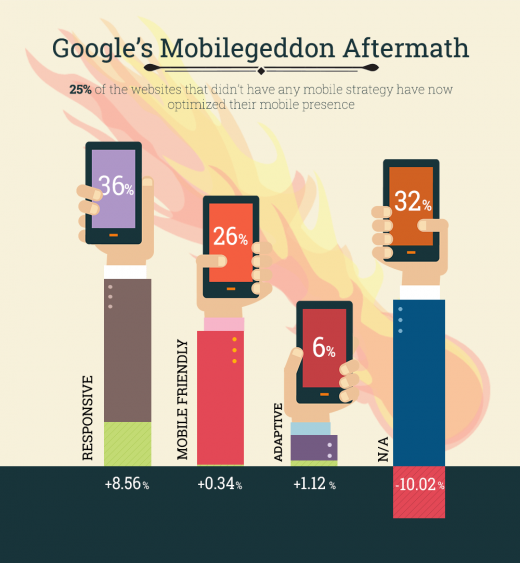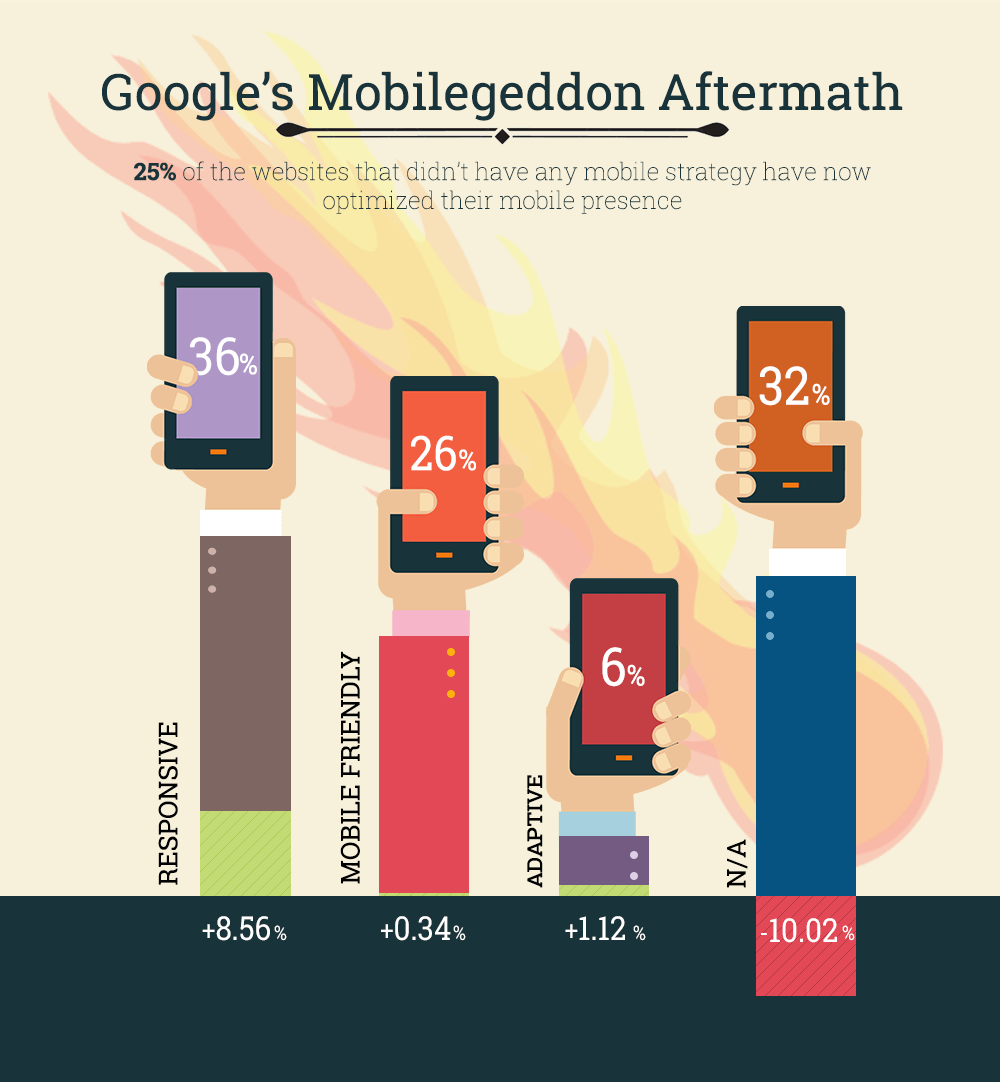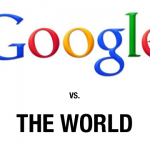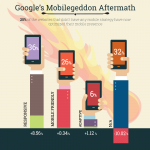Google’s New Index is Putting Mobile First
— December 16, 2016
This Could Change Everything
Google’s been experimenting with rewarding mobile-friendly content for some time, but their new methodology will soon be out of the lab and into your lap. They’re rolling out the mobile-first index.
Google has a new way to crawl your site, too. Historically they approached it as a desktop user, but now they’re adding the mobile user experience, too. So how will this affect rankings? Why the push for mobile?
What’s Changing and Why
On April 21, 2015, Google rolled out its first mobile-friendly update. Mobilegeddon forced us to accept Google’s new rule and updated SEO best practices. So we know they already acknowledge and reward sites for having a mobile version of their site. With a mobile-first index, the value a mobile site provides increases. Over time, Google will phase out the desktop index altogether.
Not only are people using their mobile devices for search over desktop computers, but there are more searches on mobile. Google says more searches take place on mobile rather than desktop in over 10 countries—U.S. included. This mobile indexing announcement makes clear they’d like its results to mirror our multichannel world.
Don’t have a mobile site? Never made things responsive?
Marketers, your website priorities haven’t changed. It’s still optimal to have a responsive site, especially in regards to SEO best practices. But Google said, “If you only have a desktop site, we’ll continue to index your desktop site just fine.”
While briefly popular, a mobile site is also not ideal. It requires businesses to do twice the amount of work, manage more content, and ensure consistency across the board (it’s what helps Google attribute the correct content and rank your mobile site just as your desktop version.) Make sure the content and links found on your desktop site are similar to your mobile version. When a mobile page has less content than a desktop page, Google’s algorithms aren’t evaluating the actual page content seen by a mobile searcher.
Over time, mobile will dominate. Only a responsive design can bring your brand into the future — and to page one of results.
How will this change rankings?
Gary Illyes, Webmaster Trends Analyst at Google, and Paul Haahr from Google both stated that this shouldn’t affect your overall position — yet. They want only minimal changes within rankings in regards to this new index.

When Mobilegeddon first rolled out, it lacked significant changes within rankings when compared to Google’s Newsworthy Content Update in mid-June of 2015. When Google launches or even tweaks algorithms, it may not directly or automatically affect the overall x rankings to your site, however the updates are made to better measure the user experience based on best practices and ever changing trends of the way people search and engage for information.
While current rankings should not be affected phenomenally, as time continues and you’re without a mobile or responsive design, rankings could potentially slip. It’s ideal to be prepared and follow best practices, as we are unaware when the new index will be completed.
Who should take this seriously?
A search engine index is essentially a collection of documents and pages, full of content that the search engine discovers by crawling the internet through a vast web of links. Google recently began using the mobile version of the web as the primary index.
As 2016 comes to a close, marketing professionals must be aware of what the future may hold for your brand’s site. While sites might be responsive, taking the next big step toward mobile optimization can and will only prepare you for the future.
Think about how you might use your mobile device for search and how it can be applicable to your site. Specific pages might be searched more frequently than others on mobile (e.g. location, product and menu pages.) You’ll need to optimize and strategize the best forms of content that will speak to the new index, as well as view desktop and mobile rankings separately to not lump device results together.
When will Google start this new index?
As usual, Google has a vague release date for this formula update. Although crawling as a mobile user has already commenced, the changes haven’t been fully implemented. The index is in the early stages and it’ll be months before the mobile-first index is complete.
Once Google has the appropriate amount of time and confidence that the mobile-first index works accordingly, they will push it live — Google will use it to index more pages. Paul Haahr stated, “[He] would be very surprised to detect any effects of mobile-first indexing at this stage.”
Digital & Social Articles on Business 2 Community
(30)










